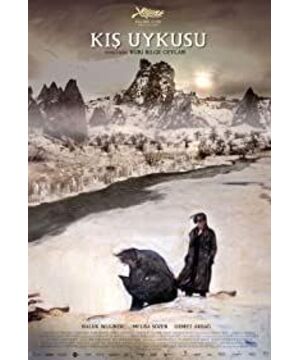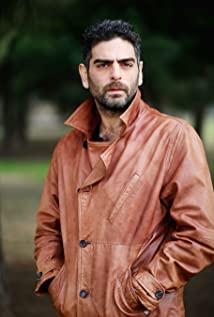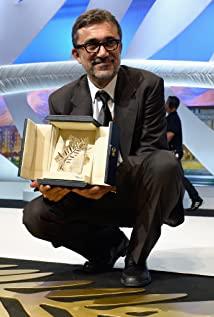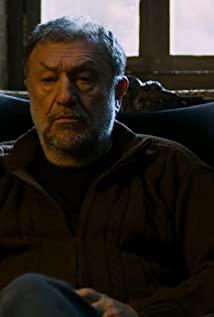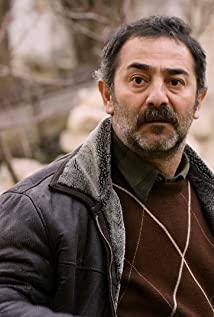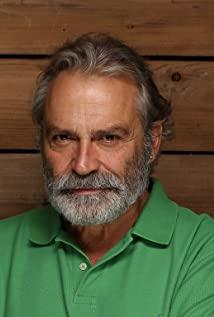Turkey's Anatolian Plateau, Cappadocia (Cappadocia) strange and barren landscape in winter. Aydin, a retired actor and columnist who returned from Istanbul to manage the family hotel and nearby real estate, has complicated relationships and intense arguments with his young and beautiful wife Nihal, who is devoted to charity, and his newly divorced sister Necla, who thinks more than acts. Conflicts with poor tenants’ families are interspersed. Therefore, regarding the conflicts between the countryside and the city, the lower working class and the intellectuals, Islam and secularization, morality and hypocrisy, knowledge and behavior, the Turkish director Nuri Bilge Ceylan won the Palme d’Or at the Cannes Film Festival. The movie "Winter Sleep" (196 minutes, 2014) was deeply explored and moved.
Ceylon was born as a still photographer, and the film has always focused on image style (including the previous work "Reminiscence of Asia" [2011]. This time, it emphasizes literary and dramatic, deeply digging into the complexity of the characters, and the long dialogue is deep and intense. The play took six years to complete as the director and his wife Ebru. Regarding the characters, plot, and dialogue, the two wrote separately, then discussed and ran into each other. There were creative moments that surprised each other. The film pays tribute to Chekhov, because it is deeply influenced by his short story "Wife" (1892). Ceylon said that he had the "soul of Russia" and was obsessed with Russian literature and movies. In addition to Chekhov, there were Dostoevsky and Tarkovsky. He watched the latter's "Mirror" (1975) no less than twenty times.
The actor "Aydin" means "enlightened intellectual" in Turkish, which is somewhat ironic. He claims to be the monarch of the small kingdom, arrogant, cynic, self-centered, criticizing everything unkindly, cruel to the suffering around him, but he preached "honesty" and "conscience" in his mouth and writing, so he has a lot of knowledge and life. The hypocrisy of wealthy intellectuals who are not aware of it. In Nihal’s words, people who always talk about benevolence and morality only to show moral superiority can be most suspected (sometimes narcissistic and sometimes introspective contradictory attitudes throughout the film, but also the director As the introspection of the intellectuals). He has an unsuccessful career as an actor for decades, probably because he is performing in his life-he sometimes quoted Shakespeare and named his hotel "Othello". The pain of betrayal and separation caused him to introspect and observe other lives: weeping at his parents’ grave, letting go of the wild horses he bought, he found a dead fox lying in the snow, hunting and killing a gray rabbit... He said: all in nature Without fairness and justice, let alone human society?
In the desolate winter's silence and coldness, some fierce undercurrents, and the deleted scenes, Necla said: We live here, like hibernation. Outdoor shots are mostly fixed perspectives and panoramas, and a large number of indoor dialogue scenes suggest the alienation of the characters from each other: Aydin and Necla's fierce argument, he always turned his back to her; the quarrel with Nihal, the two were in two remote corners of the room, illusory The image in the mirror serves as a medium. On three occasions in the film, Aydin spied on his wife's room, and the interior was mottled by the reflection of the windowpane. The film mocks the "soap opera" many times, and the end of the film almost turns to the "soap opera", but the treatment is ambiguous, which can be interpreted as a performance by Aydin for his own peace of mind. Ceylon regards editing as an important writing process, and "sound bridge" (the connection of two possibly unrelated scenes with sound) has been used many times. Minimalist piano soundtrack, from Schubert's Piano Sonata No. 20 (Schubert also composed the vocal suite "Winter Journey" [winter journey]).
"Hibernation" explores the complexity of people and the difficulty of communicating with each other. Ceylon said that trying to understand the human soul is his motivation for making movies, and it is also the process of understanding himself. Exploring the breadth and depth of emotions and thoughts also resonates with viewers. He said: "In every culture, there are certain types of people who have the same questions in life... These people form another country. Through movies, you find your soul travel companions, who are in the same country as you." Taiwan’s New Wave director Yang Dechang said similar words. The dialogue between husband and wife in "Hibernation" is also reminiscent of similar scenes in "Terrorist". The mental dilemma of middle-class thinkers. Not hopeless, but pessimistic enough.
View more about Winter Sleep reviews


